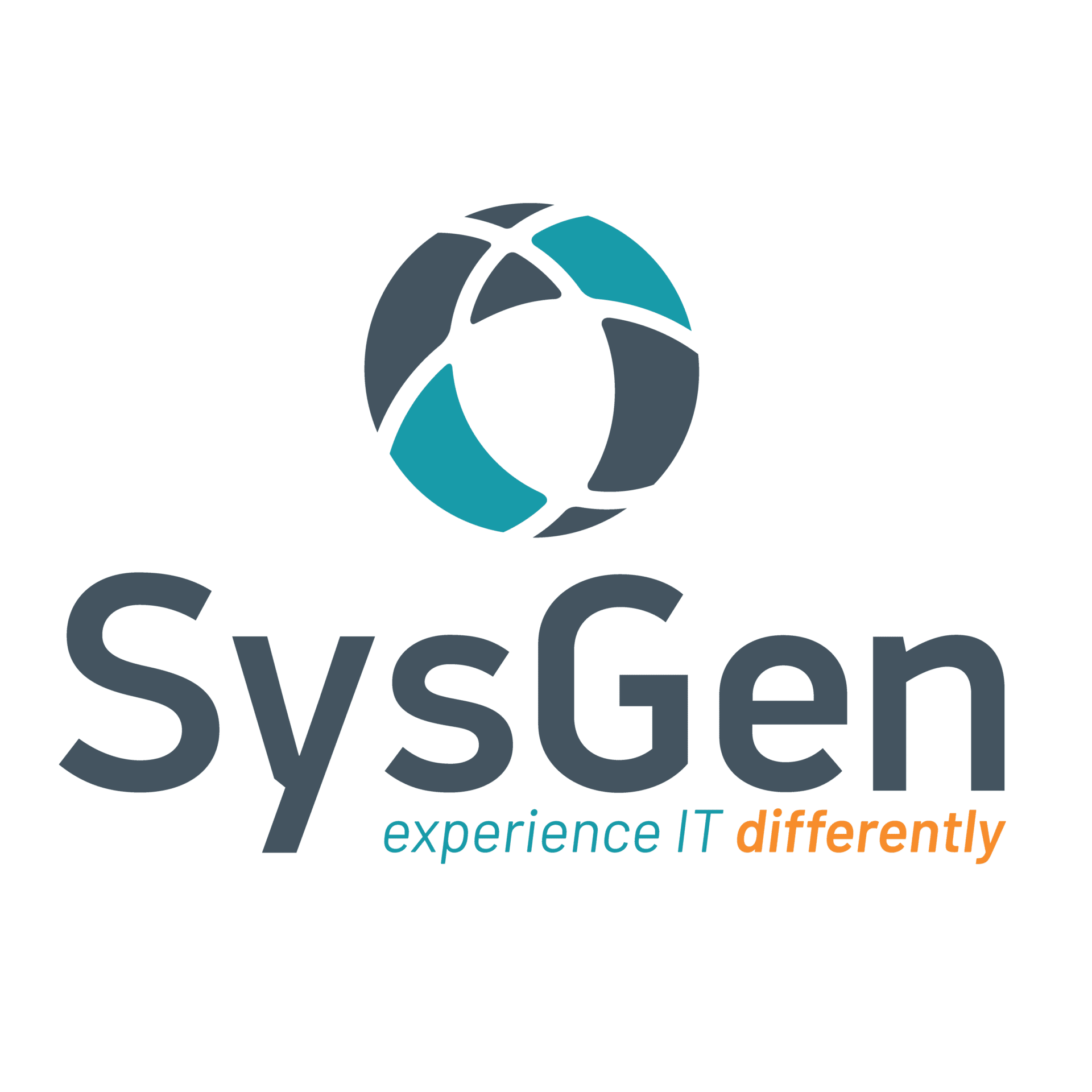There is often the misconception that the extent of IT services for businesses is the help desk support when your email isn’t working, or if a computer crashes. While this aspect is important since having virtual support is a part of IT services, numerous other factors go into managing the technology environment of business.
IT services are sometimes provided by in-house staff. However, they can also be outsourced to managed service providers with the expertise and technical know-how to oversee a wider variety of services to meet your business needs. IT services will effectively manage the technology used in your offices and throughout your business. In this blog, we’ll uncover what is IT services and take a look at the top 22 IT services you can benefit from with a managed service provider (MSP).
Table of Contents
- What are IT Services?
- 22 Types of IT Services
- 1. Network Security
- 2. Cloud Services
- 3. Hardware Support
- 4. Backup and Disaster Recovery
- 5. Office 365
- 6. Help Desk Support
- 7. Mobile Networking
- 8. Vendor Management
- 9. Network Monitoring and Alerting
- 10. Account Management
- 11. Virtual CIO/CTO/ViTM
- 12. IT Reporting
- 13. IT Automation
- 14. Voice Over Internet Protocol (VoIP)
- 15. Email
- 16. Software-as-a-Service
- 17. Troubleshooting
- 18. On-Site and Remote Support
- 19. Cybersecurity
- 20. Technology Training
- 21. Cloud Computing & Microsoft Azure
- 22. IT Consulting
- Are IT Services Right for My Business?
- Finding the Right Solution for Your Business
What are IT Services?
Often used as an umbrella term, IT support and services are a combination of activities that manage, troubleshoot, and optimize the technology ecosystem of a business. IT services extend to the daily running of technology and the building of computer systems, processing and optimizing, and making iterative changes as technology evolves.
IT services for businesses should be tailored to the specific needs and goals of the enterprise. These services are vital to businesses‘ success, productivity, and efficiency. They act as the backbone of anything digital in your business, from storing important data to ensuring your employees can access emails and documents. As a result, the benefits of managed services are plentiful.
22 Types of IT Services
IT services examples include hardware support, cybersecurity, help desk support, and cloud services, among numerous others. The IT services for businesses can vary depending on the unique needs and usage of that specific company.
In this blog, we’ll outline 22 key IT services offered by managed service providers and how small businesses can leverage these services to reach their goals.
1. Network Security
Network security is all about gatekeeping access within an organization and retaining control over the use and misuse of information. Network security uses virus and antivirus software, application security and analytics to monitor and control your network.
Network security is vital for businesses as it helps protect sensitive and confidential data and prevents cyber threats, ensuring operational continuity. Network security ensures that data transmitted over a network remains confidential, by preventing unauthorized access, interception, or modification.
Network security measures include firewalls, intrusion detection and prevention. These are critical in detecting malware and ransomware within your network.
2. Cloud Services
The cloud is quickly replacing on-premises services. Today, 94% of all enterprises use cloud solutions to store their data. And, it’s not just large companies making the switch. Small and medium-sized businesses that migrate to the cloud can reap the benefits and take advantage of the cost saving of cloud-managed services.
When migrating to a cloud-based data solution, your small business can improve its agility with a scalable, secure, cost-effective data management solution that enables your organization’s critical information to be accessible anywhere, at any time. Cost management is the most sought-after benefit of cloud services because its model dramatically reduces the cost of capital inputs and is scaled to fit the needs of your business.
3. Hardware Support
IT, at its core, revolves around the hardware we use, from cellphones to laptops, servers, and physical hardware and how it performs determines the end-user experience of IT. Hardware can feel obsolete when it doesn’t work well or can’t fulfill our needs. With hardware support, you can ensure that your investments always work for you.
With hardware support equipment, outages are minimized as experienced technicians can quickly solve problems and optimize your tech to be compatible with the software. Further hardware management helps with maintenance, upgrades, and warranties, ensuring that technology is continuously optimized, and you can use it without worrying that it may crash or you’ll lose access.
4. Backup and Disaster Recovery
Ensuring business continuity is top of mind for many small business owners. The effects of data loss, malicious or not, can be detrimental to a business’s profit and reputation, with both short- and long-term impacts. A report by Backify found that 37% of SMBs have lost data in the cloud and had to restore their information from backups; 66% saw recovery operations fail. This is why having a strong plan in place for backup and disaster recovery is essential for small and medium-sized businesses.
There are many considerations to be made when developing a plan for disaster recovery. First, a team of specialists is critical for this process to create the most effective and fail-proof result. From identifying necessary data to determining backup frequency and methodology, having experts who understand your IT environment is key to a solid backup strategy.
5. Office 365
Office 365 is a mainstream choice for applications. With its ease of use and highly collaborative features, Microsoft applications like Word, PowerPoint, and Excel are central to how small businesses share information internally and externally. Having Office 365 as a key tool for collaboration centres your IT environment on a user-friendly platform that has vast applications, from documentation to communication services and tools.
6. Help Desk Support
The most common service from an IT provider is the help desk. The traditional model has a ticketing system, with each incoming issue heading to the help desk, joining a queue until the next technician is available. Help desk support can be a suitable model for many businesses.
At SysGen, we believe in skipping the help desk. Rather than waiting in long queues for an unfamiliar technician to help you, our clients receive personalized services, having an IT technician assigned specially to their business. This ensures you receive help from the same familiar face, someone that knows you and your business.
7. Mobile Networking
Even before COVID-19, mobile devices like laptops and cell phones were becoming necessary tools to make working from anywhere possible. The pandemic increased the need to manage devices, as using mobile options presents significant risks to security. With mobile device management (MDM), you can remove the risk of stolen or lost devices, ensuring that your data is always safe and entirely under your control.
8. Vendor Management
With any technology you use, whether hardware or software, multiple actors are involved. These might include your business, the vendor and an IT provider. All of these actors can complicate the communication process when there are issues, making you feel overwhelmed connecting between groups.
With vendor management, you can cut out the go-between and take a step back, allowing your service provider to communicate directly with vendors. This can reduce communication errors and streamline the process of resolving any issues. Service providers can then manage your contracts and licenses and troubleshoot with the vendors to save you time, money, and reduce risk.
9. Network Monitoring and Alerting
Networking IT services include building network infrastructure, setting up hardware, and implementing security protections. Typically, this is built in a physical office.
Network monitoring and altering is a service that a managed provider offers to watch your network in real-time to identify threats and errors that could harm your business. The service uses software and other technology to monitor network usage and performance. Alerts will occur when a specific action is triggered. Monitoring and alerting as an IT support and service give you peace of mind in knowing that your network is constantly being monitored and any issues that arise can be dealt with quickly and without harm done.
10. Account Management
While technicians are the first point of contact with a business that uses a managed service provider, account managers or client experience specialists are dedicated resources for businesses for all non-technical needs. Account managers handle new hardware purchasing, IT reporting, and project planning and alert you that your IT environment could be optimized to protect your environment better.
An account manager’s primary role is to advocate for you and what your business requires to thrive. They anticipate the future needs of your organization and proactively bring them to your attention to see your time and money in the long run.
11. Virtual CIO/CTO/ViTM
With a managed service provider, an invaluable service you can receive is having a Virtual CIO (Chief Information Officer), CTO (Chief Technology Officer) or ViTM (Virtual IT Services Manager) who will provide strategic technology guidance to your business. They immerse themselves in your business, and you receive their technical expertise without the full cost of hiring internally. A ViTM has strong technical and managerial knowledge. Therefore, they can enable your organization to develop roadmaps, manage IT budgets, and help you to make decisions backed by expert opinions.
12. IT Reporting
An essential part of IT support is that you can hold your team or provider accountable. With IT reporting, you can look at KPIs to assess your IT environment and how quickly and efficiently issues are being resolved. With a provider, you’ll likely see a ticketing system for issues as they arise. They should be responded to and dealt with according to your service level agreement (SLA) conditions. This means that the response time always meets a certain threshold, and issues are resolved on time. Further, IT reporting drills into the financial costs, like hardware and software, to help you better understand the impact your IT has on business operations.
IT analytics helps you to create a dashboard of how your business processes interact with technology. This can help you understand your technology and become more agile as you can easily make decisions from a centralized information source. Moreover, reporting gives you better business intelligence. With this, you can predict trends to make your IT more resilient to potential threats and changes.
13. IT Automation
With increased digitization of most tasks in the workplace, automation can improve menial tasks, giving room for employees to focus on projects that are high-value and require high skills and knowledge. With IT automation, we can use technology to perform tasks, processes, or workflows automatically. This removes repetitive tasks from employees, opening valuable time for strategic work. Automation can improve processes from onboarding new employees to generating reports. Further, using automation reduces errors and streamlines processes to improve overall efficiency.
IT automation is a key part of the modern workplace, a vision for the future of business that transforms them to be digitally agile.
14. Voice Over Internet Protocol (VoIP)
VoIP (Voice Over Internet Protocol) gives you the power to ensure you are always connected to your team, regardless of where you are. VoIP solutions allow you to equip your team with a modern, customizable phone solution that integrates seamlessly within the Microsoft ecosystem. It elevates the traditional phone call experience and connects you through the internet with the same seamless experience. When optimized with platforms like Microsoft teams, VoIP allows your business to thrive and stay connected.
15. Email
Email is a key communication tool, whether it be to connect with your customers or deal with other businesses. It’s the primary method of communication in the modern office place. If you can’t use your email or experience a cyberattack, your email becomes compromised, and you suddenly become unable to conduct business as usual. Your business processes are not operational, which will cost you time, money and your reputation.
With email IT support, an MSP will implement cybersecurity protection to thwart phishing attempts and spam. If a malicious actor hacks an email account, your IT team will be able to recover the account and regain control. This is an essential service. With a lot of information flowing across your business, it’s imperative that you can quickly and securely retain control of information.
16. Software-as-a-Service
Software-as-a-service (SaaS) management helps you manage your different monthly subscriptions for various programs. For example, when your Microsoft Office 365 subscription is managed by an MSP, all the licensing, updates, and necessary changes are done on the provider’s end.
17. Troubleshooting
Troubleshooting refers to diagnosing and fixing technical issues with IT systems. With an MSP, when a problem occurs on your computer, your phone or with a server, you will submit a request or ticket. From there, a technician will respond, analyze the problem, identify its root cause, and implement a solution to resolve the issue.
18. On-Site and Remote Support
Having the option of both on-site and remote support is a massive advantage with MSPs. Remote support typically involves a technician accessing your devices remotely, going into your systems and fixing issues without ever coming to you physically. Remote support can be provided through various channels like phone, email, chat, or remote access software. IT support professionals can access and control the client’s computer or device to resolve issues remotely. This allows technicians to quickly and efficiently resolve issues, minimizing interruptions to your workday.
However, on-site support is key when issues are more complex or require hardware fixes. This allows the technician to see how your technology is used on-site and better understand its impact, allowing them to find any gaps.
19. Cybersecurity
Managed cybersecurity services encompass having the proper hardware, software, and training in place to protect your network, infrastructure, and data. Cybersecurity is a critical service for businesses. A cyber threat can cost you time and money, and threaten your reputation and competitive advantage. With cybersecurity as an IT service, an MSP will apply the correct tools to your IT environment, filtering potential threats, alerting you to issues, and training your employees to be active agents in protecting your business. At SysGen, we use a three-pronged approach. We equip your business with the best defence from cyber threats through people, policy and technology.
20. Technology Training
A major part of how well an IT environment works is the people who use it. Further, a network is only as protected as those using it are vigilant. Technology training and cybersecurity training are essential IT services. Understanding the primary usage of technology will allow your employees to be more productive and efficient at sharing information, creating reports, and communicating with clients.
At SysGen, we believe that people are the first line of defence in cybersecurity training, so technology training is an absolute necessity. Having security practices at the top of your mind helps prevent attacks in your organization and ensures that your employees will be less likely to make errors that can create security concerns.
21. Cloud Computing & Microsoft Azure
Cloud computing is a major IT service for businesses. Companies are dealing with increasing amounts of data, from sensitive client information to forecast reports, and the volume of digital resources, information and documents continues to grow. Cloud services like storage migration is the most popular choice to store this information, surpassing traditional on-premises server solutions. Cloud solutions like Microsoft Azure or SysGen’s Atmosphere help your business to optimize its storage solution and make your data more readily accessible, ultimately enabling your organization to become more agile and secure. With a strong business continuity plan, you can reduce downtime and costs by using cloud storage solutions.
22. IT Consulting
IT consulting assesses your current IT state and builds a roadmap to improve, optimize and integrate your technology with your business goals. IT consultants give technical expertise and guidance on the strategic direction of IT needs and operations. Consultants will assess your infrastructure and identify opportunities, strengths, weaknesses and threats. With this information, they will develop solutions customized to your unique business processes and needs, working with you to manage your organization’s budget and other constraints.
IT consulting can improve efficiency, enhance security, reduce overall costs, and increase innovation. With strategic solutions, you will learn how to make technology work for you and consolidate what you must develop streamlined processes and systems.
Are IT Services Right for My Business?
Now that we’ve gone over the significant IT support and services available and you understand the benefits of managed services, you need to consider whether using an MSP is right for your business. Every company has unique technology needs, so looking inward and assessing yours is essential. Consider:
- How does my business use technology? Are there areas I can improve on to gain a competitive advantage?
- Is my business protected from cyber threats? Have I experienced malware, ransomware, or phishing attempts?
- How effective are my current communication methods? Can I quickly call, email, or video conference when necessary?
- Do menial and bureaucratic tasks slow down processes in my business? Is there an opportunity to automate and streamline these tasks?
- Are my employees plagued by IT issues and unable to work efficiently?
- Are my IT issues being responded to promptly?
- Am I confident that my network is secure in an outage or cyberattack?
Finding the Right Solution for Your Business
If you have asked yourself these questions and are unhappy with the answers, the next step is to connect with local managed service providers. SysGen offers a variety of IT support and services in Calgary, Edmonton, Red Deer, and Okanagan.
Contact Us To Find Out More



